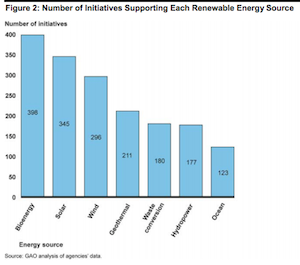 Earth Day snuck up on me this year which is surprising considering all that people can talk about is the hot weather in the Midwest caused by “global warming”. Think what you will about that statement, Earth Day is April 22nd coined “Mobilize the Earth,” and because I can’t come up with new ideas (it must be the unusual heat) I’m going to review four environmental books and one movie leading up to the big day.
Earth Day snuck up on me this year which is surprising considering all that people can talk about is the hot weather in the Midwest caused by “global warming”. Think what you will about that statement, Earth Day is April 22nd coined “Mobilize the Earth,” and because I can’t come up with new ideas (it must be the unusual heat) I’m going to review four environmental books and one movie leading up to the big day.
Inevitably, I’m going to get both applauded and ostracized for what I’m about to do – two of the books will be pro climate change and two of the books will be anti-climate change. Someday I may be drowning off the coast of Iowa and I will go under screaming and flapping my arms that you can’t learn and move forward if you don’t educate yourself about an issue as a whole – and that means all sides of the issue should be heard.
My review of books and movies is not an endorsement of the author’s beliefs – the point of the review is to let you know what the author thinks to determine if it’s a book you want to read in your lounge chair on the beach of Council Bluffs this summer. And without further ado…My 2012 La Nina Reading List:
- Climate Wars by Gwynne Dyer
- Roosters of Apocalypse by Rael Jean Issac
- Eaarth by Bill McKibben
- Climategate by Brian Sussman
- Carbon Nation
Well I’m off to the scuba shop to buy gear for my qwest to find the Hollywood sign….



 Corn planting is running well above normal across the country, fueling speculation that this year’s crop could be huge.
Corn planting is running well above normal across the country, fueling speculation that this year’s crop could be huge.
 The summit will bring together the industry’s leading researchers and companies for an event focused on agronomics, composition, technology, corporate governance and more related to using sorghum as a feedstock for renewable fuels.
The summit will bring together the industry’s leading researchers and companies for an event focused on agronomics, composition, technology, corporate governance and more related to using sorghum as a feedstock for renewable fuels. 




